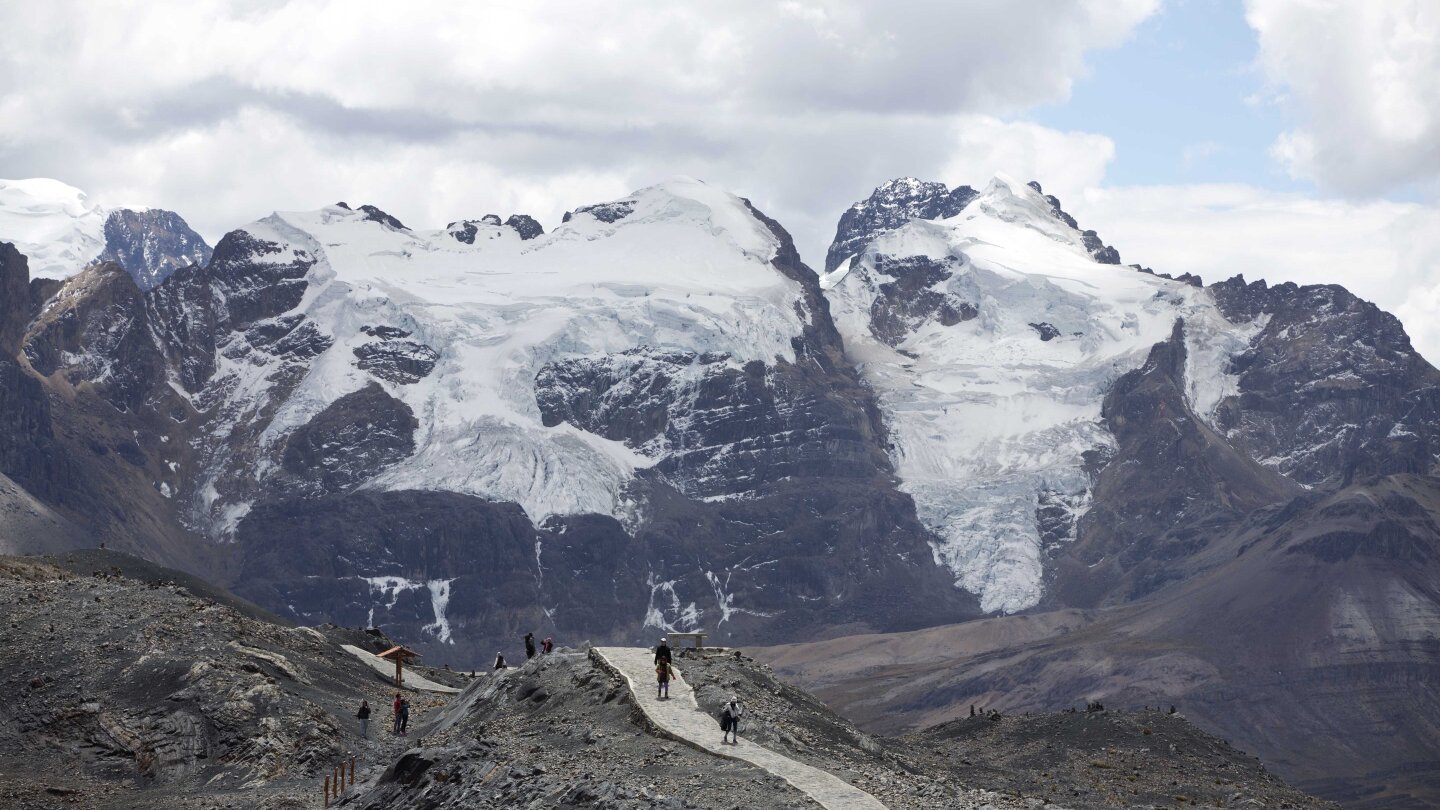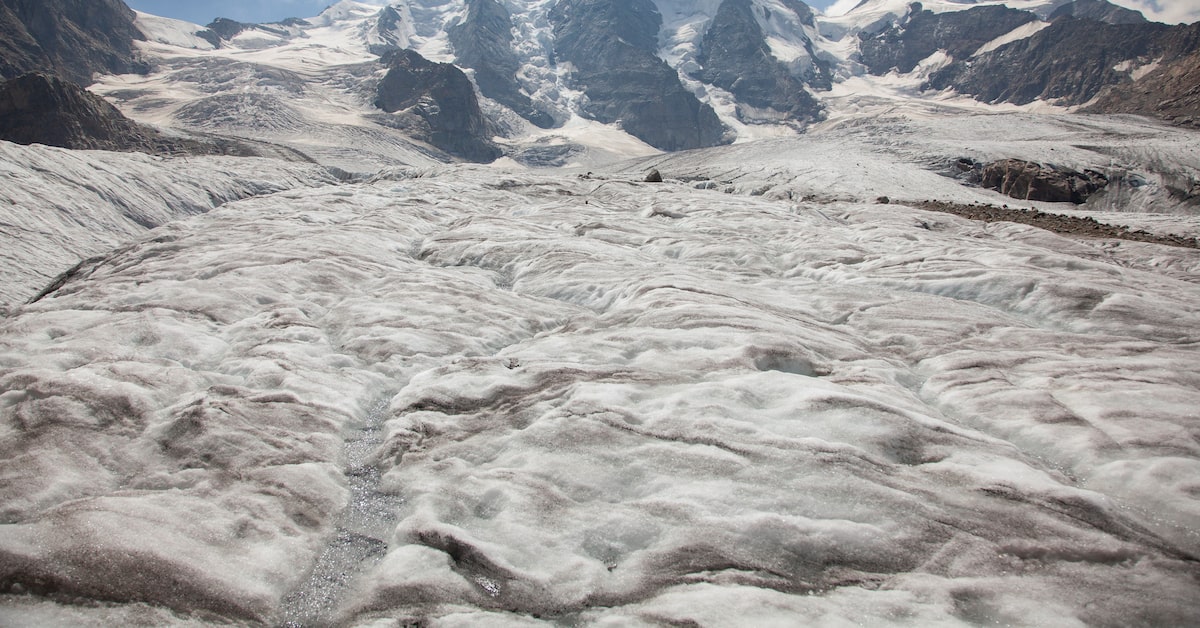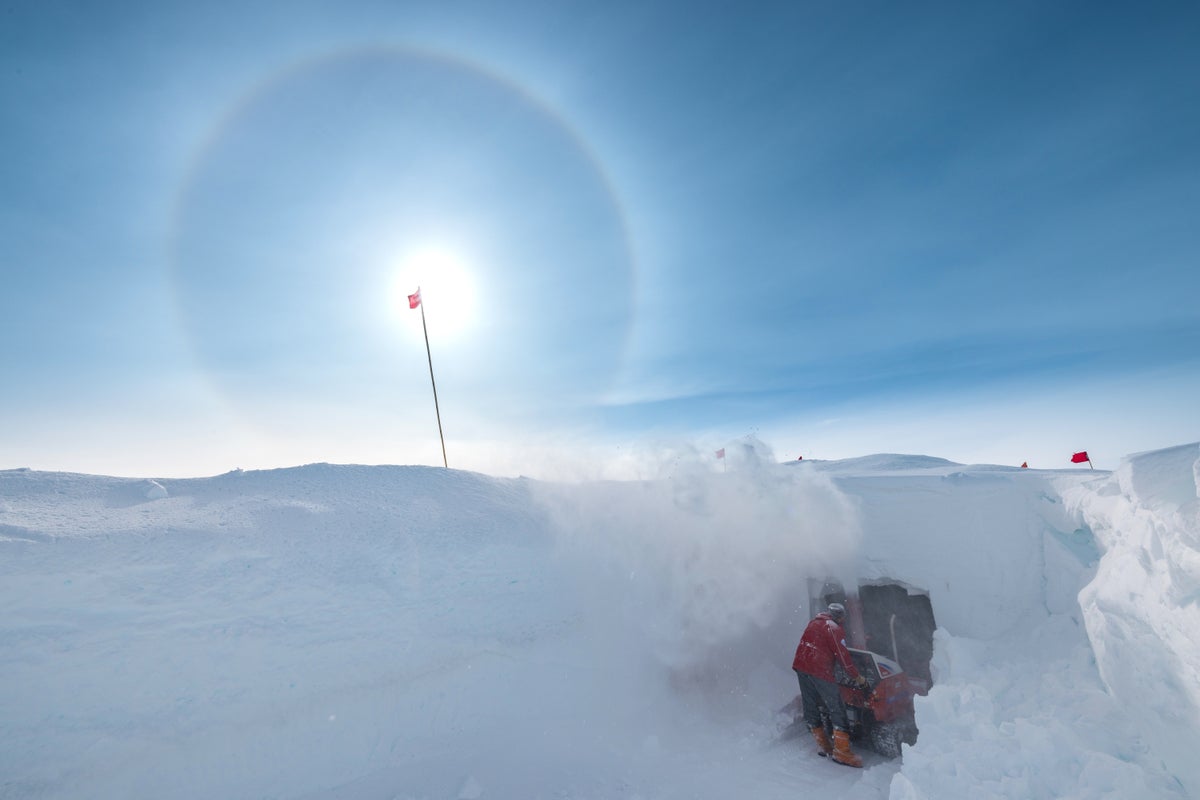I can remember reading about disappearing glaciers 20 years ago. A climbing friend remarked to me on how far he has noted some Cascade glaciers have retreated since he's been climbing. Some are starting to disappear. Now this problem is starting to show up in the reduced flow of major rivers. This affects everything from crops, to drinking water, to transportation. Switzerland reported this year that they have lost 10% of glacial mass in 2 yrs. Peru reports a 50% loss of one of the glaciers that feeds the headwaters of the Amazon River. The Himalayas have been experiencing record glacial retreats. With record global temperatures noted this year glacial retreat is expected to accelerate. As the flow of major rivers decreases climate migration will escalate on a very large scale. 1.5º C may seem like a tiny number, but taken on a global annual average increase, the effects are widespread.

 apnews.com
apnews.com

 www.reuters.com
www.reuters.com

 www.reuters.com
www.reuters.com
Peru lost more than half of its glacier surface in just over half a century, scientists say
Peruvian scientists say Peru has lost more than half of its glacier surface in the last six decades due to climate change.

Italy must learn to live with drought-inducing weather -minister
Italy's long-running drought is a result of climate change, meaning the country must adjust to the new reality, Agriculture Minister Francesco Lollobrigida told Reuters.

Exclusive: Glaciers vanishing at record rate in Alps following heatwaves
From the way 45-year-old Swiss glaciologist Andreas Linsbauer bounds over icy crevasses, you would never guess he was carrying 10 kg of steel equipment needed to chart the decline of Switzerland's glaciers.




![[Hearth.com] No glaciers = no water for many rivers [Hearth.com] No glaciers = no water for many rivers](https://www.hearth.com/talk/data/attachments/320/320733-8b896e971cbd51c351464085cac22a95.jpg?hash=Dz0qpS7Qn3)
